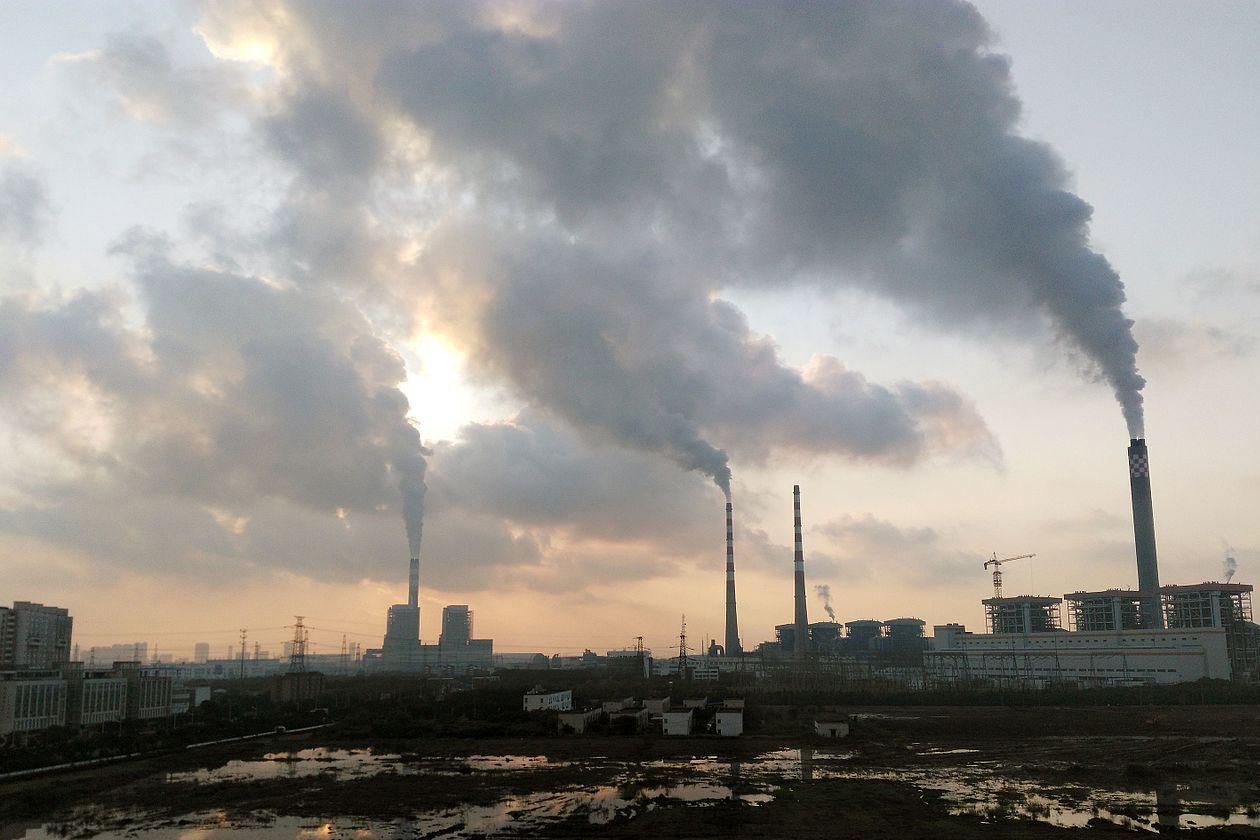Y: Don, do you remember Apollo thirteen?
D: Of course, Yaël. It was the most perilous space emergency in history. The astronauts struggled to survive in space for four days after an explosion crippled their spacecraft.
Y: One of the hazards they faced was the buildup of carbon dioxide gas in the cabin of their spacecraft. At high levels, carbon dioxide can affect the brain to cause impaired thinking.
D: Carbon dioxide is the same gas that’s released into Earth’s air by burning fossil fuels. It’s the main cause of global climate change, and levels of the gas in Earth’s atmosphere are rising rapidly. Could this gas pose a direct danger to the cognitive abilities of people on Earth, just like it did to the astronauts?
Y: Yes, it could, according to a study published by American researchers in twenty-twenty. Unless we change current practices, by the end of this century there will be more than twice as much carbon dioxide in the atmosphere as there was before the industrial revolution. Carbon dioxide levels inside buildings, where people spend much of their time, are much higher than outdoors. The researchers estimate that, by the end of the century, indoor carbon dioxide levels will be high enough to affect the brain, causing substantial impairments to decision-making and strategic thinking. Another study found that even lower exposure levels, closer to current indoor levels, may have adverse health effects.
D: That’s awful! What can we do?
Y: Just as for climate change, the study found that global cooperation to curb fossil fuel emissions under international agreements was the easiest solution. Like they said about Apollo thirteen, “failure is not an option.”










